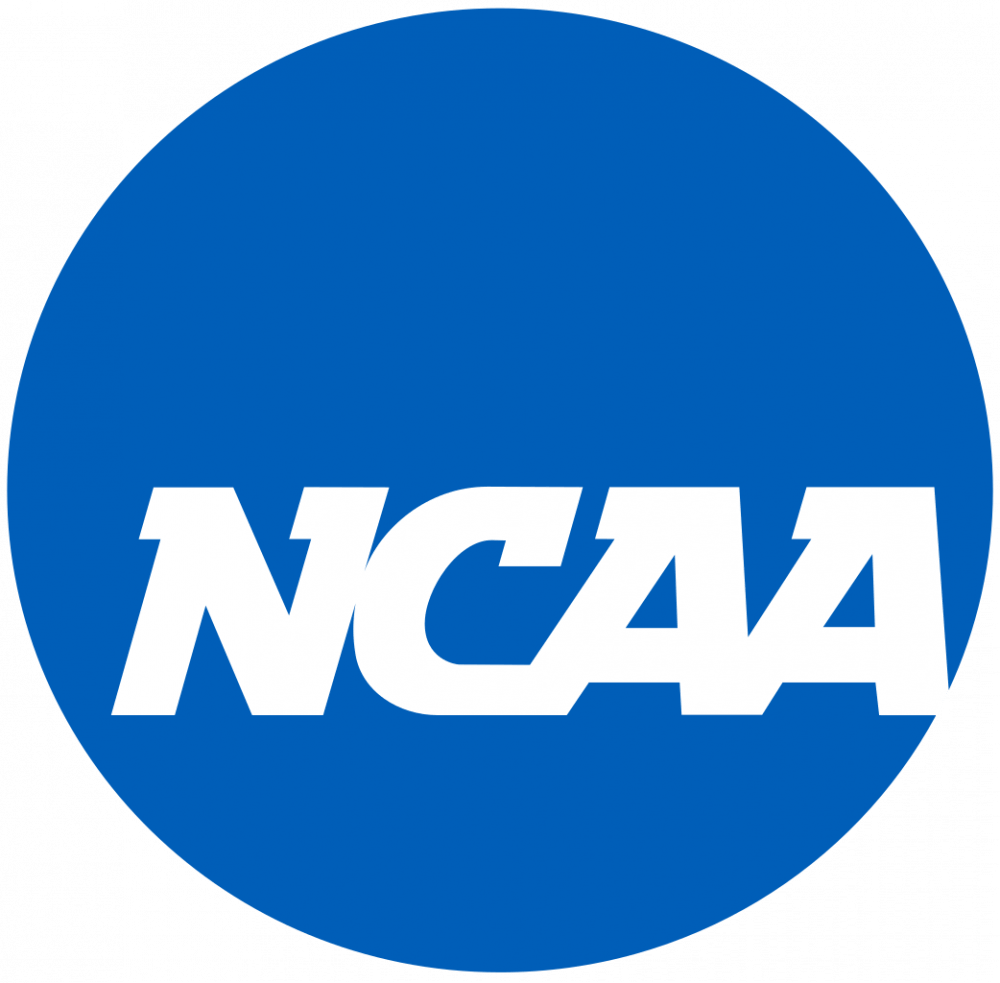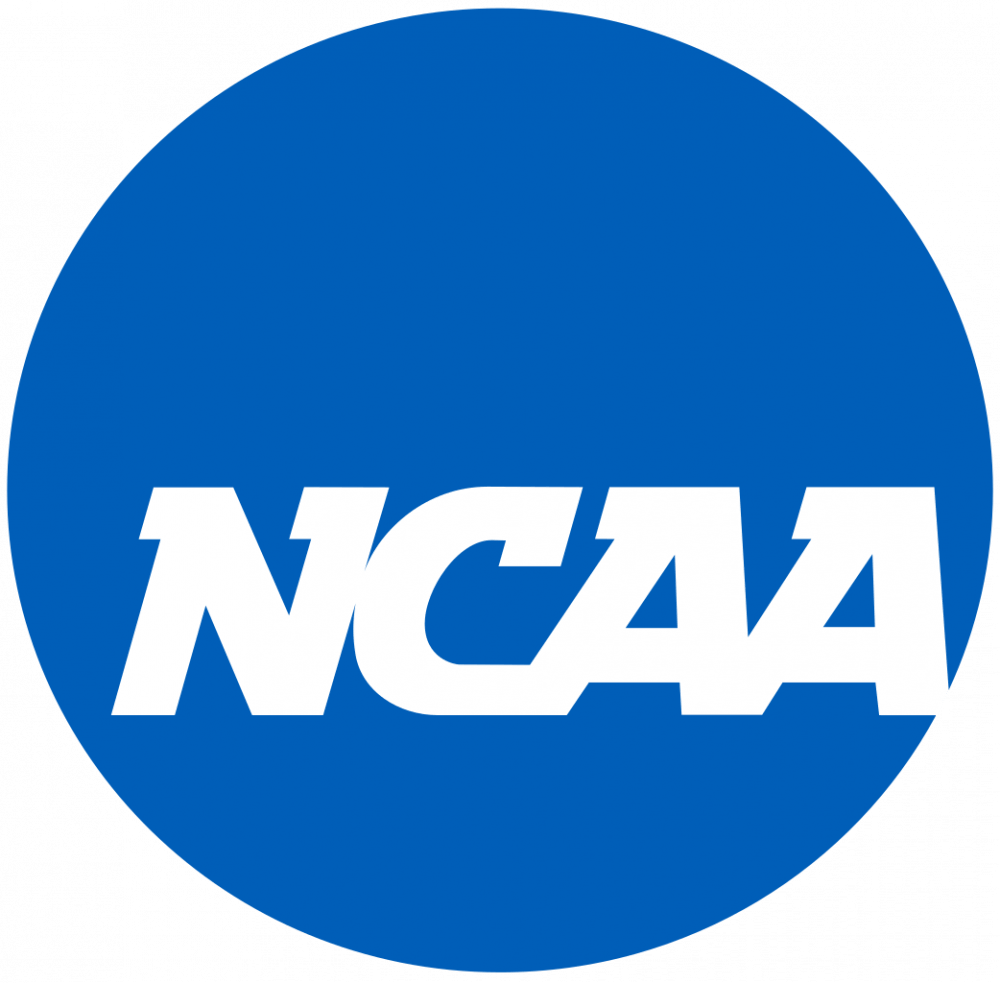
Tennessee state Senator Brian Kelsey introduced the Senate Resolution 22 on Mar. 14, which requests that public Tennessee universities oppose the NCAA’s prohibition on paying student athletes.
The resolution states that the NCAA’s current rules violate the free-market principle of economic liberty and amounts to little more than indentured servitude to sports programs that have robust finances.
Kelsey’s resolution comes after Duke University’s Zion Williamson injured his knee during a game against North Carolina last month. Following Williamson’s injury a social media storm ensued. Debates centered on college basketball’s “one and done†rule and the fact that Williamson was potentially jeopardizing hundreds of millions of dollars in a future NBA career.
Kelsey referenced Williamson’s injury in Senate Resolution 22 and said the exploitation of athletes like Williamson is a violation of their economic liberty and civil rights.
“A free education is not adequate compensation for talented athletes who put their health and/or future earnings at stake when playing college sports,†Kelsey said.
Cody Havard, a sport and leisure management associate professor at the UofM, said he thinks student-athletes’ lifestyles and the increase of televised and web content of intercollegiate athletics are reasons college athletes should receive payment.
“It is getting more difficult to make the argument not to provide more financial assistance, at least at the highest competition level, for those trying to do so,†Havard said.
Kelsey’s resolution also cites O’Bannon v. NCAA, which is a case that noted student athletes’ names, images and likeness have been reproduced for commercial purposes, for which the NCAA has barred any compensation.
Former Memphis football and current Philadelphia Eagles kicker Jake Elliott said he also thinks college athletes should be paid.
“I don’t necessarily believe they (college athletes) should all be paid a base salary like professionals because it would be too complicated to figure out who gets what amount on top of scholarships,†Elliott said. “However, you should absolutely get paid for your image and likeness.â€
Elliot said creating a system of salaries for each athlete would be complex and equality complaints across sports would arise.
Elliot said he also thinks college athletes should be able to advertise and promote themselves.
“I see no problem in Zion Williamson getting a shoe endorsement when he has over a million followers on social media watching what he is doing and what he is wearing,†Elliot said.“I also see no harm in high profile athletes at the collegiate level signing autographs at a local venue because people will pay to meet them. Instead, the universities force these student athletes to spend their free time doing these things for fans and not compensating them for that.â€
Joe Salisbury, a former Memphis Tiger from the United Kingdom, is also a professional athlete. Salisbury, who played on the Memphis men’s tennis team and is now ranked no. 21 on the Association of Tennis Professionals (ATP) doubles tour, said he thinks college tennis is a non-revenue sport and college athletes should not be paid.
“If you’re in college, you’re an amateur, so you can’t be paid,†Salisbury said. “You get a lot of other benefits like free tuition and free coaching, so effectively you are getting paid. But it’s going towards your life rather than in your pocket.â€
Whether or not Kelsey’s resolution will make any significant changes to NCAA rules and regulations is unknown. One thing that is for certain is that the debate over compensation in college athletics is not going away.




